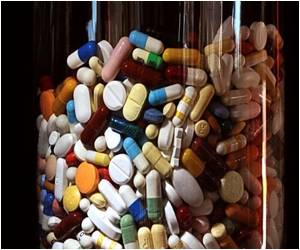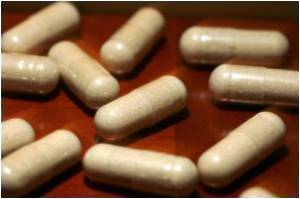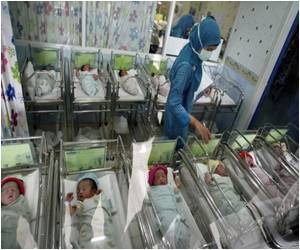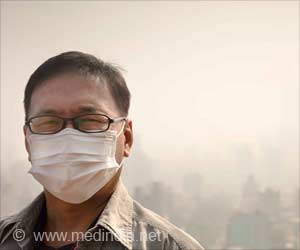Ten at Ghatkopar’s Rajawadi Hospital developed adverse drug reaction (ADR) after having been administered drugs for monsoon-related ailments.

Both Bhabha and Rajawadi hospitals were supplied the antibiotics by the same manufacturers — Himachal Pradesh-based Zee Laboratories Ltd and Navi Mumbai’s Sanjivani Parenteral Ltd.
Mankhurd resident Asma Saiyyed (28), being treated for typhoid at the women’s ward in Rajawadi Hospital, told reporters, "I started feeling very cold and was soon shivering. I saw several patients in my ward were experiencing the same. I also suffered from convulsions that lasted till the nurses and doctors started me on saline," said Asma.
Dr. Vidya Thakur, medical superintendent, Rajawadi Hospital, said, "This intriguing incident involved 45 patients, including a few at the male ward who were given the injections but only 10 reacted. The adverse effects started soon after the injections were administered. All 10 female patients started complaining of chills and abdomen pain. After the recent cases of adverse reactions to these drugs at Bhabha Hospital, we did not want to take any risk and immediately informed our senior doctors. They immediately started treatment and now all 10 women, aged between 25 and 70, are stable."
Food and Drug Administration (FDA) officials, Pramod Yashtwar and K T More, visited Rajawadi Hospital and collected sealed samples of all seven drugs, including the saline bottle for testing. "All medicines are within their expiry dates. Two antibiotics have come from the same manufacturer so the drug quality will be thoroughly checked," said drug inspector Pramod Yashtwar. "A notice to stop usage of the drug immediately has already been circulated across all state and civic hospitals. It takes nearly two weeks to check for growth of pyrogens or contamination of any other sorts," said K T More, drug inspector, zone 3.
The only patient who died after suffering allergic reactions after consuming the two drugs at Bhabha Hospital was Saira Sheikh (47). Tests have deduced that she had dengue, however a test done privately by her relatives had showed she had typhoid.
Advertisement
Advertisement











